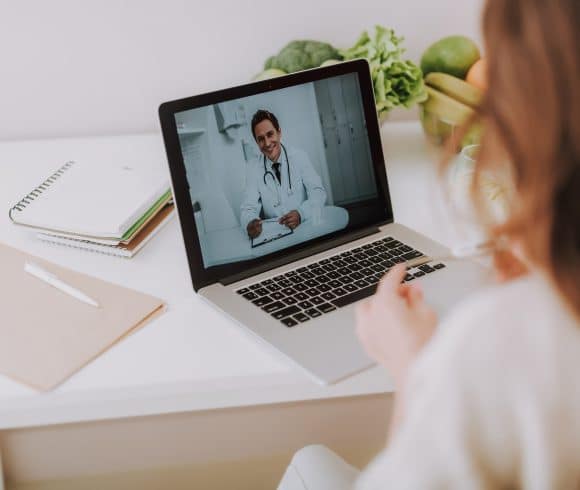Il 23 marzo scorso la rivista “medico e Paziente” ha pubblicato un articolo di Silvia Pogliaghi dal titolo “COVID-19, the impact on multi-channel medical-scientific information“, ovviamente sbagliando la terminologia indicata dalle legge.
Here are the main points:
The world of medical-scientific information is changing very quickly as a result of COVID-19, where access and sharing of information, even through chats and social networks, in times of emergency, finds doctors increasingly connected to technological devices. It also changes in terms of working patterns.
COVID-19 promises new scenarios in general practitioners' surgeries, according to a multichannel monitoring survey carried out by Medipragma srl from 2 to 5 March 2020 and presented on 13 March in a Web Seminar moderated by Lucio Corsaro, General Manager of Medipragma.
In the survey, 129 general practitioners were asked to rate the extent to which their needs were met in terms of accessing and sharing accurate and relevant information on the epidemic which, at that date, had not yet been defined as a pandemic.


The data from the survey carried out from November 2019 to March 2020 report that 15% of GPs consider themselves totally not satisfied, 21% not satisfied, 40% on average satisfied, 16 % satisfied and 8% fully satisfied. The percentage of workload has also changed from the ongoing survey of 200 general practitioners and 100 freelance paediatricians, again reported during the web seminar.
The outpatient visit goes from a 50% in November 2019 on the total workload to a 25% in early March; telephone consultations increase, going from 5% in November 2019 to 40% in early March 2020; update activities decreased from 10 to 5 %; home visits decrease, going from 15 to 10%; instead the bureaucratic activities do not vary, they remain at 20% of the workload, both in the survey of November 2019 and in that of early March '20. Furthermore, the Medipragma Srl survey revealed that Doctors consider digital channels to be very useful, especially in the use of social networks, video-conferences and telephone medical-scientific information.
(… omitted...)
Even in the pharma world, scenarios are rapidly changing and activities are being implemented in response to COVID-19. Massimo Grandi, President and CEO of Daiichi-Sankyo talks about how the company he runs organized itself.
“The company decided – explains Grandi – even before the 'lockdown' throughout Italy, smart-working for its employees, therefore including the Customer Facing Roles (Scientific Representatives, Medical Scientific Liaisons, etc). We immediately set ourselves the challenge of keeping communication with doctors active, clearly not from the point of view of traditional scientific information on our drugs, but above all to be available upon request for specific information related to the COVID-19 theme 19 ( eg for our company engaged in the cardiovascular area - provide information relating to the connection between COVID-19 and implications in the cardio-metabolic area such as the potential interactions between cardio drugs and those used in positive patients, etc)."
“Furthermore, to ensure continuity of the Scientific Representative - Doctor communication, we have considered a mix of Multichannel tools, in particular with a focus on:
- video call, through specific platforms such as Skype, Zoom etc,
- Webinars and chat boxes that have the advantage of managing a large number of users, integrating these tools with the possible use of social networks, which, in times of emergency, have the advantage of immediate communication.
It remains important to underline - concludes Grandi - that beyond the tool, we have focused on 2 key aspects. The first: training, therefore the delivery via e-learning to our employees on the effective use of these remote tools. The second: the contents, i.e. the choice of communication contents, with an absolute priority to specific contents related to the topic of COVID 19 and the implications in the area in which we operate, cardio-metabolic, in the case of our company".
